Unlock the Secret Protein Hack Experts Swear By to Preserve Muscle While Using Weight Loss Drugs—You Won’t Believe How Simple It Is!
- You might already know that it’s important to eat enough protein while taking a weight-loss medication, but a new study explains why this macro is so essential.
- People on weight-loss drugs often lose muscle mass while they lose weight, but new scientific findings suggest boosting your protein can help combat this, keeping you healthy and strong.
- Here’s what experts have to say about the study and what you should know.
When you start losing weight on a weight loss medication, it can happen pretty fast. And chances are high that you’re not just losing fat, but essential lean muscle mass, too.
Why does this matter? Well, losing lean muscle mass can have a negative impact on your metabolism and blood sugar levels, which will ultimately work against your weight loss efforts. It can even mess with your bone health. But a new study presented at ENDO 2025 found that there’s a relatively easy, simple way to combat this: Eat more protein.
To be fair, weight loss specialists and dietitians have been preaching this for years. But it’s helpful to see the reasons spelled out so clearly in scientific research. So, here’s what the study found, what you need to know about the connection between protein and muscle, and why protein is so crucial when you’re on a weight loss drug.
Meet the experts: Kais Rona, MD, is a bariatric surgeon at MemorialCare Surgical Weight Loss Center at Orange Coast Medical Center in Fountain Valley, CA; Sonya Angelone, RDN, is a nutritionist and registered dietitian based in San Francisco, California; Scott Keatley, RD, is co-owner of Keatley Medical Nutrition Therapy
What did the study find?
For the study, researchers followed 40 adults with obesity for three months. Of those, 23 were taking a semaglutide medication (a GLP-1 receptor agonist medication and the active ingredient in Wegovy and Ozempic), while the other 17 went through a weight loss program called Healthy Habits for Life, which encourages diet and lifestyle changes to achieve weight loss. The researchers analyzed the participants’ muscle mass during the study period.
While the study participants who took semaglutide lost more weight than those who followed the diet and lifestyle program, people in both groups lost the same amount of lean muscle mass. The researchers found that people in the semaglutide group who were older, female, or ate less protein had more muscle loss.
As a result, the study concluded that eating more protein may help protect against muscle mass loss linked to semaglutide.
Why is protein helpful in maintaining and building muscle mass?
Protein is an important component for muscles, says Scott Keatley, RD, co-owner of Keatley Medical Nutrition Therapy. “Protein provides the building blocks necessary to stimulate muscle protein synthesis, the process through which the body repairs and builds muscle tissue,” he says.
When you consume enough protein, you’re more likely to retain and even build muscle, Keatley explains. But when you don’t have enough protein, your body will “cannibalize” some of your muscle mass for energy, he says.
Why is it so important to consume protein on a GLP-1?
For starters, GLP-1 receptor agonist medications like semaglutide are designed to tamp down on appetite, points out Sonya Angelone, RDN, a nutritionist and registered dietitian based in San Francisco. And since some people experience medication side effects like nausea, they may end up eating smaller amounts of protein and more carb-rich foods, which are usually better tolerated with nausea, she says. “It is super important to eat more protein when losing weight to minimize the amount of muscle lost during weight loss. Otherwise, you are more likely to regain the lost weight since you will end up with less muscle, which naturally burns calories.”
Protein also helps to keep you feeling fuller, longer, Angelone says. “That helps you eat less, which is a good strategy in any weight loss program,” she says
How much protein should you be taking on a GLP-1?
If you’re unsure how much protein you should be eating while you’re taking a GLP-1 medication, it’s a good idea to talk to your prescribing doctor for personalized advice.
“I often recommend patients to have 1.2 grams to 1.5 grams of protein per kilogram of body weight daily,” says Kais Rona, MD, a bariatric surgeon at MemorialCare Surgical Weight Loss Center at Orange Coast Medical Center in Fountain Valley, CA. He also suggests that his patients on these medications do resistance training to maintain their muscle mass.
Strength training is also super important to combat bone density loss, which can occur while taking a GLP-1.
What are some of the best ways to consume protein?
Your body can only absorb and use 20 to 30 grams of protein per sitting to support muscle repair and growth, according to Keatley. Because of this, “it’s important to space protein intake throughout the day, rather than loading it all into one meal,” he says. That means trying to load up on protein at breakfast, lunch, and dinner, along with a snack or shake if needed.
As for what kind of protein to reach for, Angelone recommends lean proteins like fish, chicken, tofu, eggs, and lean meat. “Beans and quinoa are also good sources of protein which contain fiber—that can offset a side effect of constipation in people taking GLP-1 agonists,” she says. “For someone who tolerates dairy products, Greek yogurt and cottage cheese are rich sources of protein.”
Experts stress the importance of combining all this protein intake with exercise, too. “If you’re not working out, start,” Keatley says. “Pairing this protein intake with resistance training is what really drives lean mass preservation.”
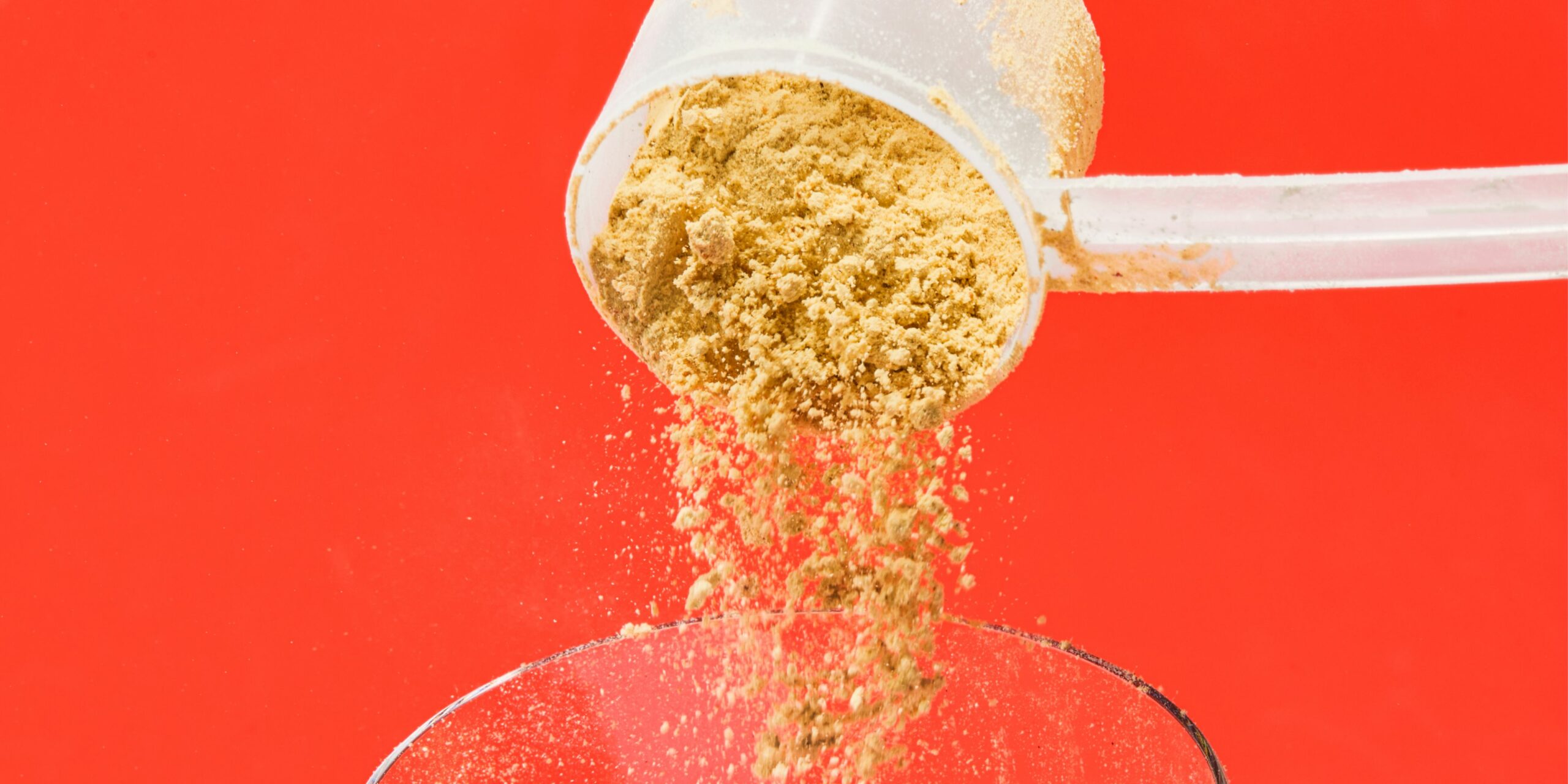



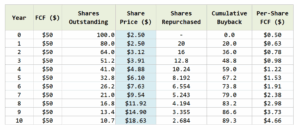

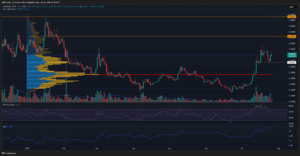

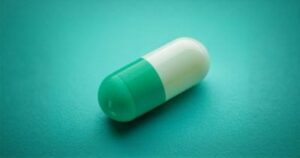


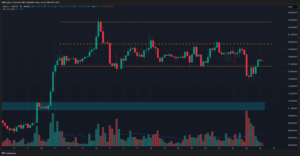


Post Comment